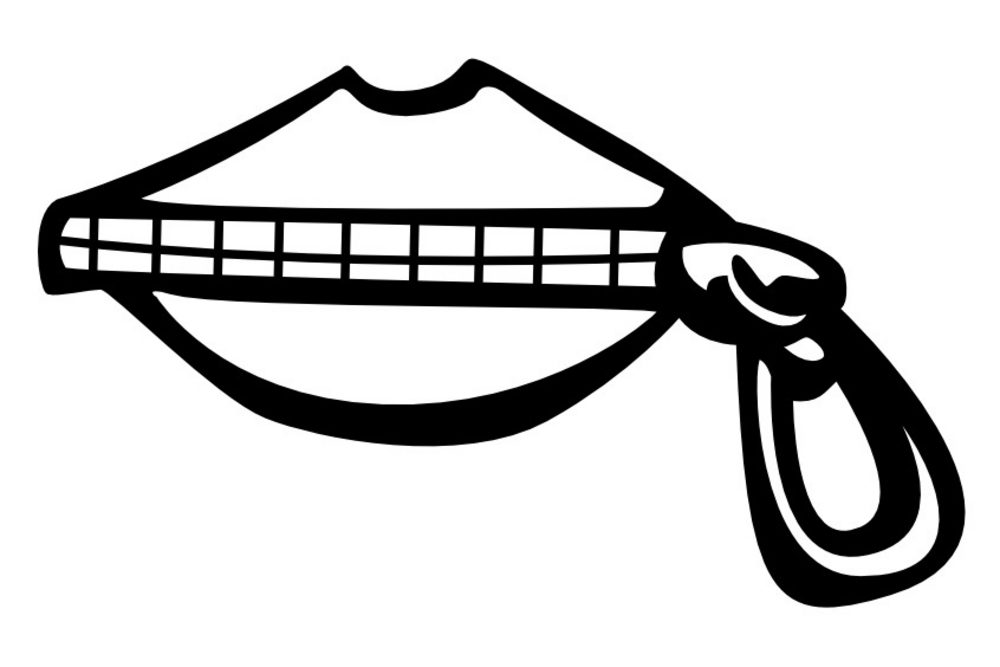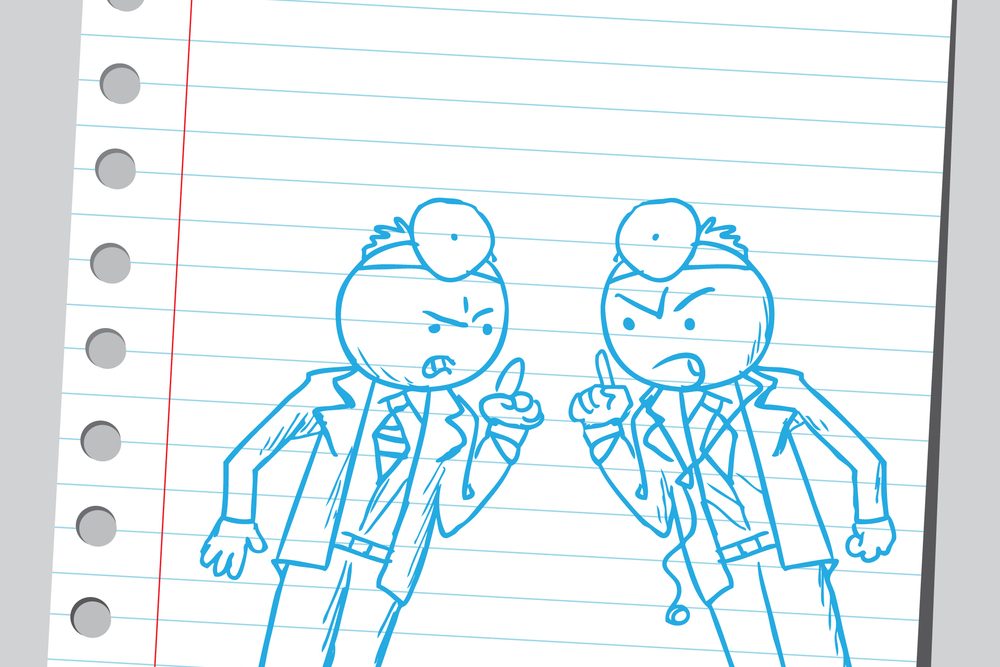Physicians should be hopeless. Not that they should be mean, give up, or so brutally honest that all that remains is the maw of the grave. Rather, they should believe in the spirit and strength of each man and woman. If healers are honest, positive and supportive, patients can deal with even horrible situations. Each doctor’s calling is to help patients cope, not offer blind, baseless hope.
Terror Management Theory (TMT) is the concept that all human behavior is driven by the fear of death. We all want to live, are conscious we will die, and spend every moment of life desperately coping with eternity.
Developed from the early twentieth century writings of Psychoanalyst Otto Rank, and the 1973 Pulitzer Prize winning book, “The Denial of Death,” by Ernest Becker, TMT proposes that what we love, what we hate, what we create, what we destroy, and how we look at the world, is built on our terror of mortality. We are always trying to deal with death by finding some piece of immortality in our daily life.
“The Worm at the Core; On the Role of Death in Life,” by Solomon, Greenberg and Pyszczynski, is an important book and a major advance in this critical conversation. The authors have spent the last 30 years performing over 500 experiments evaluating the TMT hypothesis. They have studied at length, in a wide range of populations and conditions, what happens when a person is reminded or stimulated to think about death. In Worm, they have now brought that critical research together. Their news is not good. Any thought about death alters our behavior in ways that do not say good things about what it means to be human.
Their studies show that Judges reminded of mortality, met out punitive justice. Individuals who think about death, crave wealth and power. The more we are concerned about death, the more we become violent, even if being violent would in no way direct way protect us. We follow irrational leaders, if they offer a cause or dominating worldview that gives the possibility of immortal purpose. Our views of intimacy are twisted; even considering carnal relations increases death-related thoughts and actions.
Written for a broad audience, a mix of stories and science, Worm is a long awaited analysis advancing and supporting Becker’s theories. It blends hard behavioral research, sociology, psychological theory and anthropology. Worm should be required reading for leaders, planners, and anyone seriously trying to understand mankind’s behavior. Its ideas are vital, if we are to prepare for the future. Fear of death drives us all. Perhaps man’s greatest paradox and flaw is that we destroy each other and ourselves because we are terrified that death will destroy us.
Those who study TMT fall, broadly, into two categories; those that believe man is a doomed species, who will never be able to cope with his terror, and those who believe there is “hope.” The authors conclude that mortal fear is the greatest threat to man, but we must and can “come to terms with death.” They note that the worm in the apple’s core, first sampled as in the Garden of Eden, must be recognized and accepted. We must understand the hold death terror has on each of us and build meaning with “courage, compassion and concern for future generations.”
This brings us back to my patients. I have seen, through a long career, the strength and power of individuals to understand their illness, when given support and honest information. Even at the end-of-life, I have witnessed transcendent moments of wisdom, sharing, forgiveness and love. Fear, ignorance and loneliness do indeed threaten every man and woman. Nonetheless, I believe that the greatest hope is our remarkable, powerful and nearly infinite ability, to contemplate, communicate and cope.
The Worm at the Core; On the Role of Death in Life
Sheldon Solomon, Jeff Greenberg, Tom Pyszczynski
Random House, New York 2015 274P







4 Comments